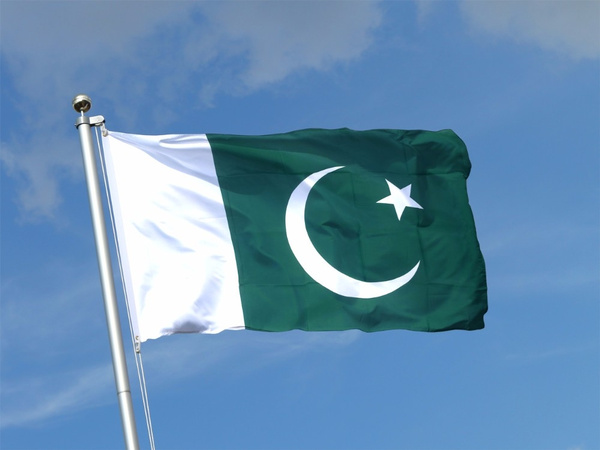

Pakistan has a terrible record when it comes to human rights, civic rights, and gender related rights. Most of the countries of South Asia, however, have a terrible record. However, fifty years after Bangladesh broke away from Pakistan, Bangladesh ranks highest in the Gender Gap Index in South Asia standing 47th among 144 countries in the world.
In a recent column, Fabian Baussart President of a Paris-based think tank, compared the two countries: “For years, women in Pakistan have been severely disadvantaged and discriminated against. They have been denied the enjoyment of a whole range of rights – economic, social, civil, and political rights and often deprivation in one of these areas has entailed discrimination in another. Much of Pakistani society lives under the patriarchal, outdated code of so-called “honour” that systemizes the oppression of women by preventing them from, for example, choosing their own husband or working outside the home.”
However, “Bangladesh has made remarkable progress in the last 50 years since its liberation in improving the lives of women and girls. Maternal mortality rates are falling, fertility rate is declining, and there is greater gender parity in school enrolment. Problems of gender-based violence, child marriage the government in Bangladesh is committed to addressing many of the challenges facing women. Women’s participation in the workforce has been continuously rising. Three million Bangladeshi women are employed in the lucrative ready-made garment sector, which is Bangladesh’s largest export industry. Increasing numbers of women are involved in small and medium enterprises.”
Further, “There are an estimated 1,000 honor killings each year in Pakistan, according to a 2019 report by Human Rights Watch. Women from religious minority communities remain particularly vulnerable to abuse. The Taliban and affiliated armed groups continued to attack schools and use children in suicide bombings. Over the years, Pakistan has earned a reputation of being a hard country for female journalists. Many women journalists alledge that whenever they write a political story or even tweet an opinion deemed unfavourable to the PTI or the other parties, the security establishment or the corporate sector, they are mercilessly trolled.”
In contrast, “The government has enacted numerous policies over the past decade focused on women’s rights in Bangladesh. The Ministry of Women and Children Affairs has increased allowances for widows, eased the burden on lactating mothers in urban areas and provided job training in fields such as agriculture and electronics. The National Women Development Policy of 2011 aimed to establish equal rights for men and women but also included specific goals such as assistance for female entrepreneurs. To oversee the implementation of the development policy, the government formed a 50-member National Women and Child Development Council chaired by Prime Minister Sheikh Hasina. Hasina has also vocally supported women’s empowerment in global forums such as the UN.”
![]()





